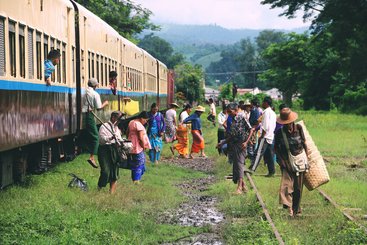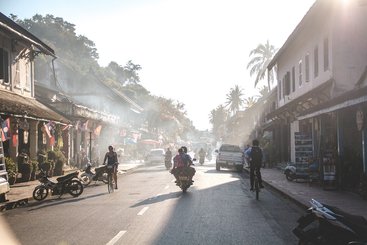Labour migration plays a vital role in Vietnam’s development policy, with a growing number of workers seeking job opportunities abroad due to higher wages and limited prospects at home. However, this migration has given rise to an industry of recruiters and brokers, both formal and informal, that facilitate the journey of migrant workers. Efforts to protect these workers are limited due to fears that increased protection may reduce available opportunities.
This paper focuses on Vietnam as a source country for labour migration, examining the vulnerabilities that lead to exploitation of Vietnamese workers abroad. It analyses the different stages of the migration cycle, including pre-departure, the journey to the destination country, experiences in the host country, and their return to Vietnam. The research adopts a political economy lens to explore how vulnerabilities to trafficking are shaped at each stage of the migration process.
In finding a more nuanced approach to combatting trafficking, the paper suggests adapting legislation and policy to the realities of labour migration, empowering migrants with more tools and support, fostering cross-border collaboration, and reevaluating the approach to supporting migrant workers.
The comprehensive study aims to shed light on vulnerabilities faced by Vietnamese migrant workers and proposes measures to protect their rights and dignity in the context of labour migration.



